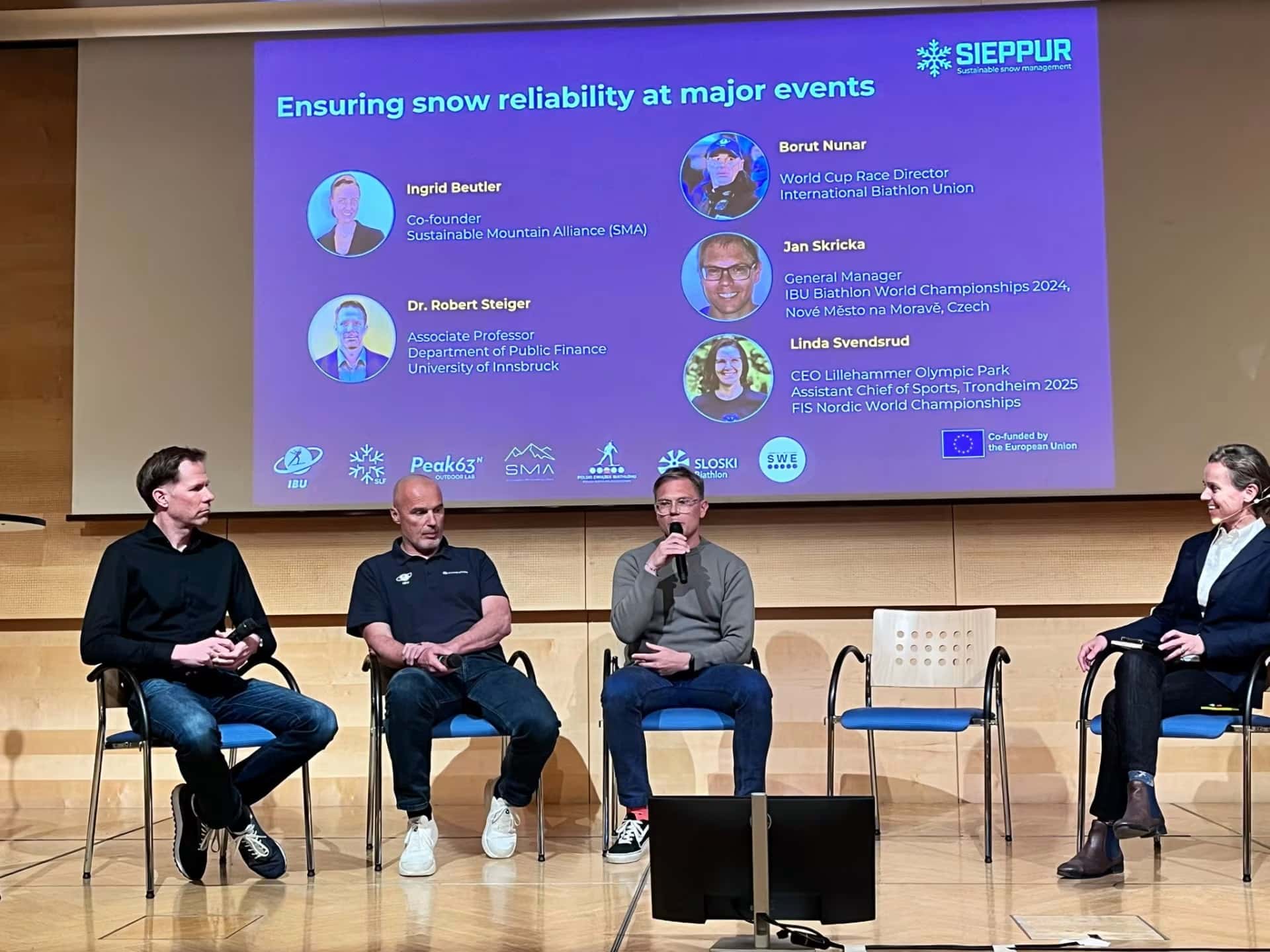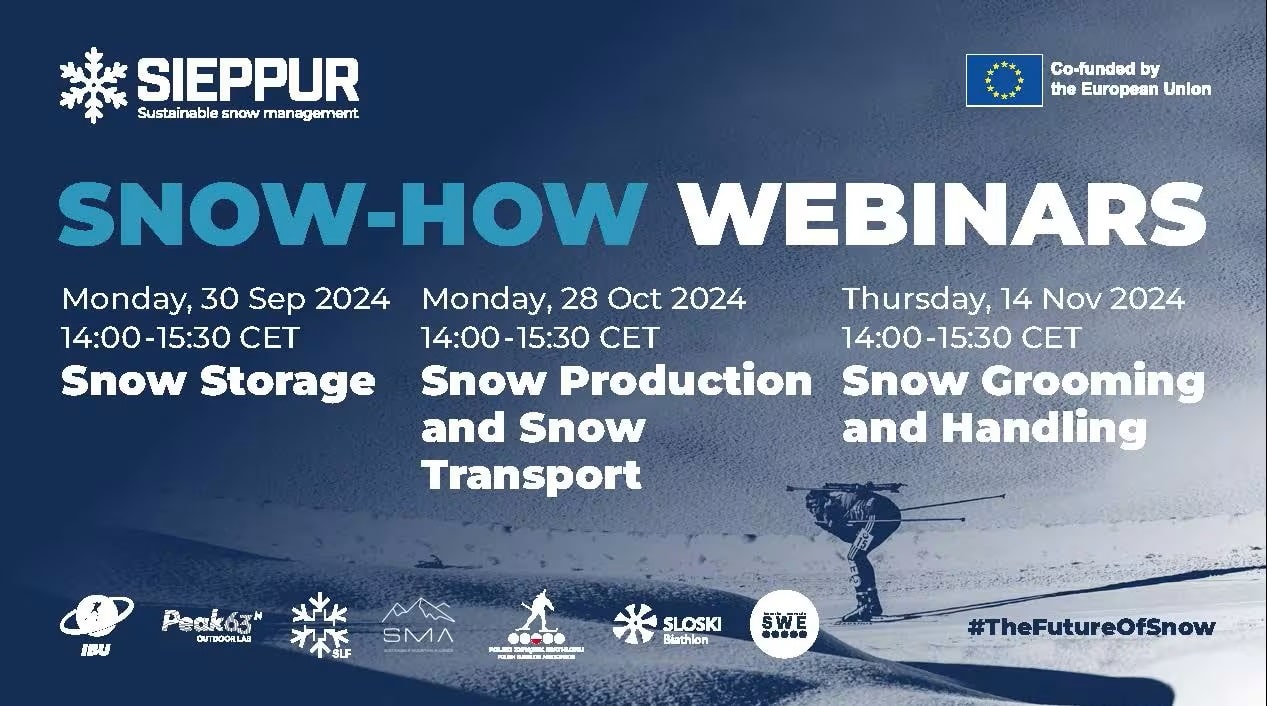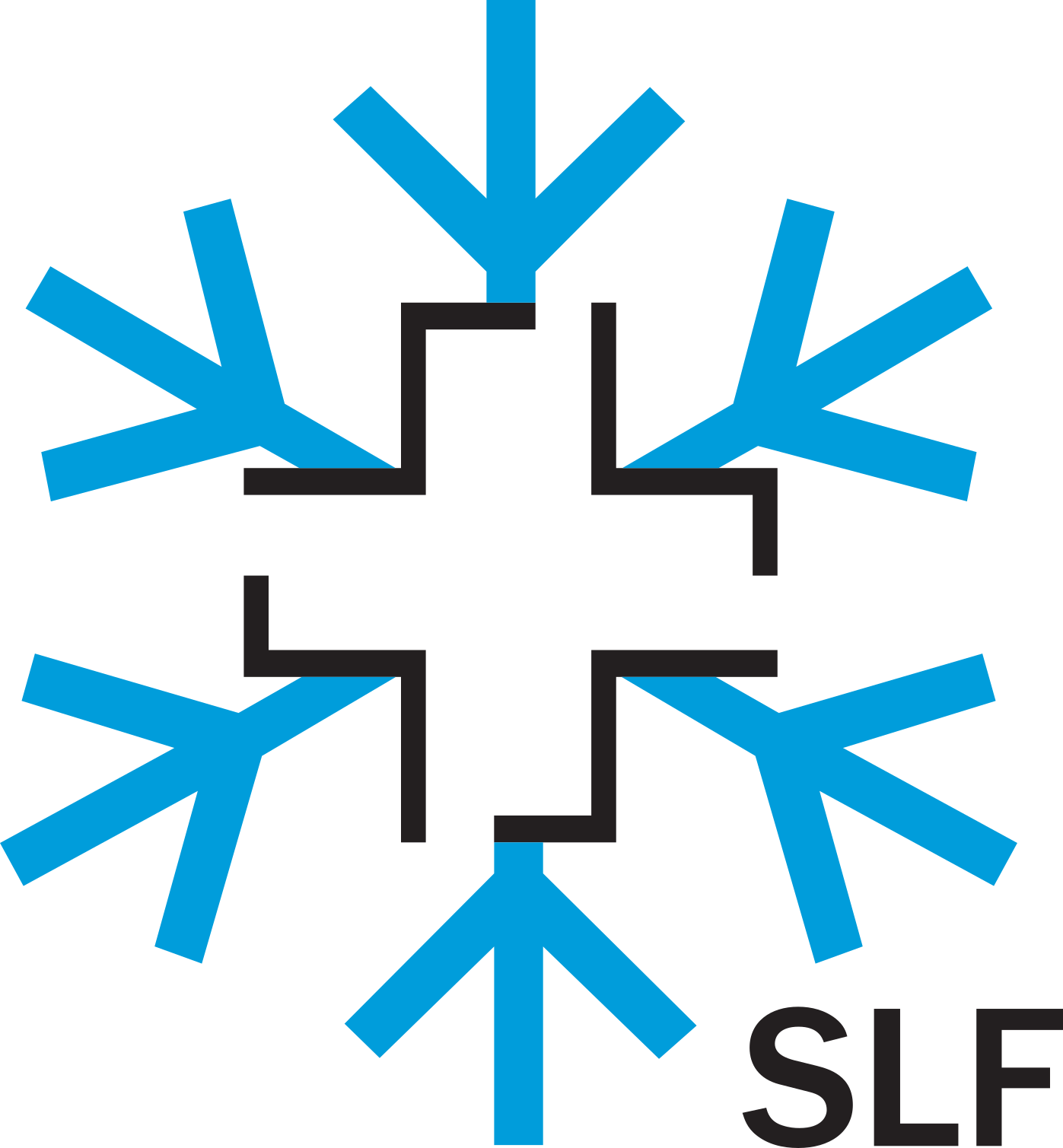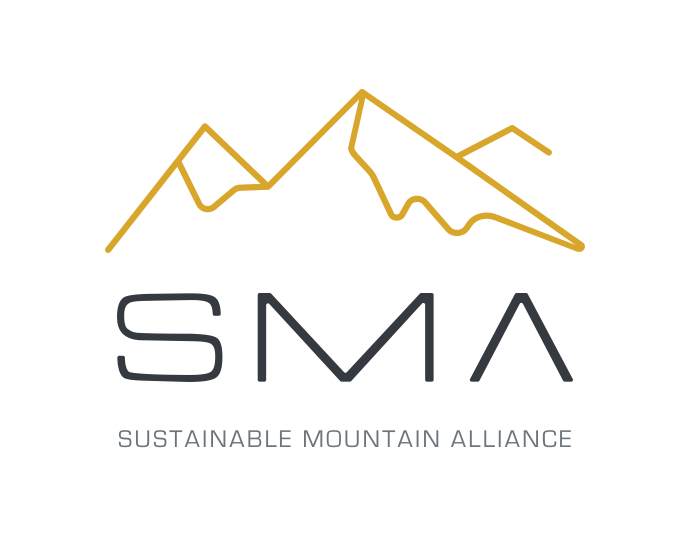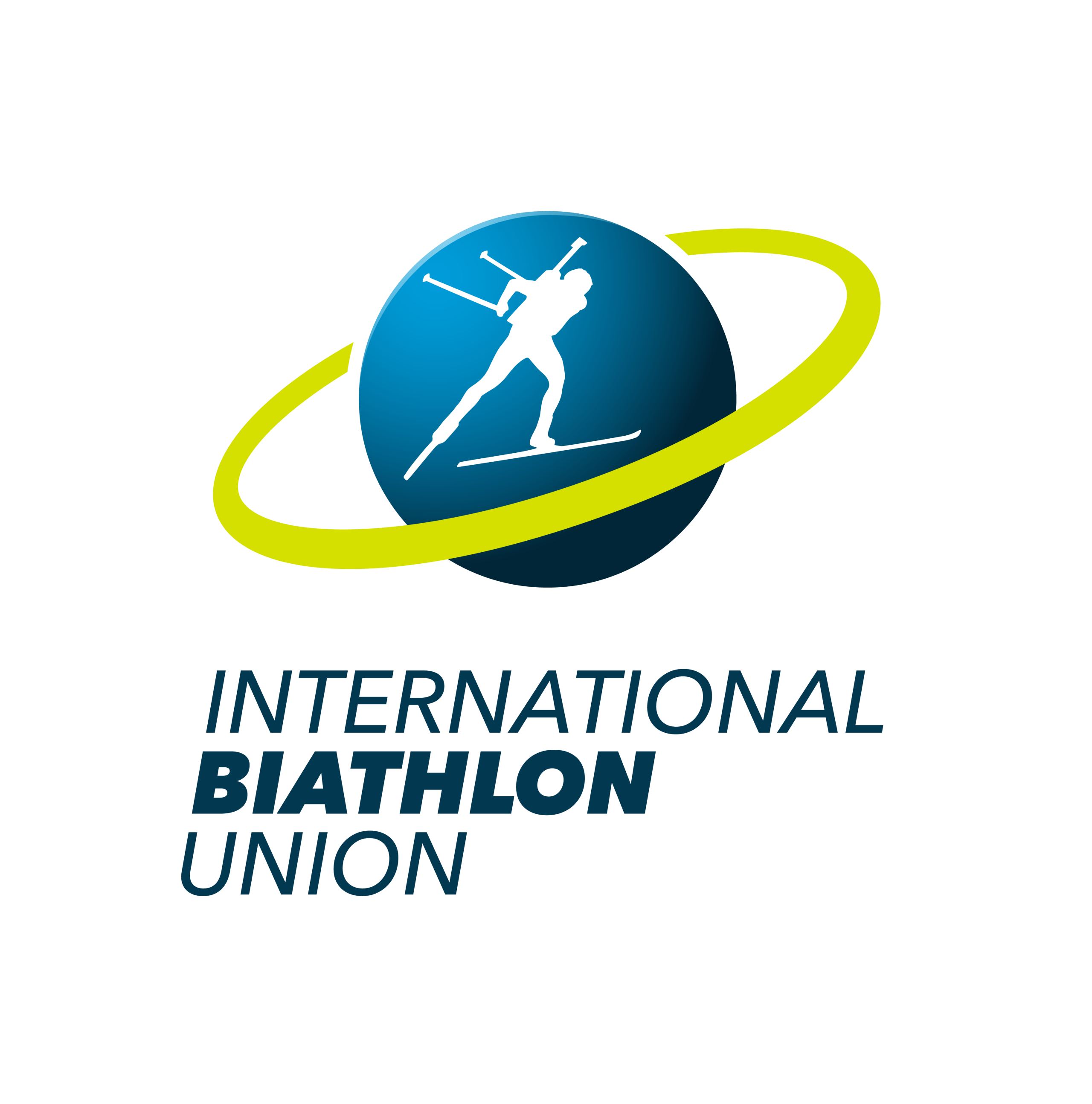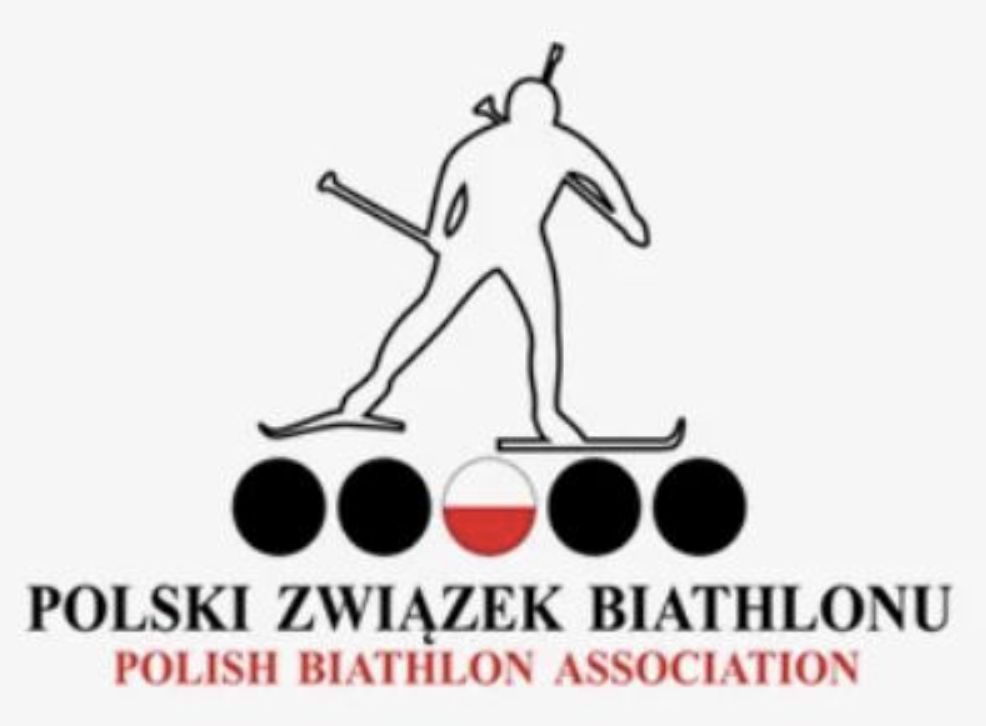The Sustainable Snow Summit 2025 concluded the SIEPPUR Sustainable Snow Management project, highlighting the findings of the project which has been instrumental in researching all dimensions of snow management, from snow production to storage, transport, grooming and handling of snow. The project has identified knowledge gaps and good practice in sustainable snow management throughout Europe while defining future roadmaps that ensure Nordic Skiing venues have the necessary know-how and plans to adapt to a changing climate.
The Sustainable Snow Summit 2025 was held in Innsbruck on 7 May 2025 to finish off the EU co-funded SIEPPUR project, which began in December 2022 and involved 10 biathlon venues throughout Europe. Hosted in conjunction with ‘InterAlpin’, the leading international trade fair for alpine technologies, the final conference of SIEPPUR brought together the project partners, the IBU Snow Network members and other industry experts for a series of discussions, panels and networking sessions.
Officially opened by Daniel Böhm, IBU Sport & Event Director, who asserted that climate change is fundamentally impacting biathlon and highlighted the impact of the IBU Snow Network, established in May 2021 with the motto ‘if you can’t measure it, you can’t manage it.’ The Snow Network collects data from some 40 IBU venues globally to measure and subsequently identify key snow management practices. It has also been vital in sharing data, operational experience and learnings with the SIEPPUR project.
“We’ve seen a significant reduction in the amount of snow needed for course production – not by magic, but by smarter, more efficient distribution. We’ve tackled external limitations – be it access to water, outdated technology, or heavy machinery – and there’s been a steady increase in the use of sustainable energy sources, especially for grooming. All this has brought real benefits: More efficiency, less energy and greater reliability” said Daniel Böhm, IBU Sport & Event Director
The speakers at the Summit included sustainability and snow specialists, including Dr. Fabian Wolfsperger and Erik Melin-Söderström; Ingrid Beutler, Co-founder, Sustainable Mountain Alliance Associate and Professor Dr. Robert Steiger of the University of Innsbruck, who presented his research findings of a recent assessment of future snow reliability at IBU venues globally and suggested measures to meet the challenges of climate change.
SIEPPUR project lead and IBU Head of Strategy, Sustainability & Governance Riikka Rakic joined Borut Nunar, IBU Race Director World Cup, and venue representatives from Estonia (Jaak Mäe, Otepää), Sweden (Bertil Nordqvist, Östersund), Slovenia (Janez Ožbolt, Pokljuka), Czech Republic (Jan Skricka, Nové Město na Moravě) and Norway (Linda Svendsrud, Trondheim/Lillehammer), who presented sustainable operational measures and challenges. This was complemented by an outline of the sustainability measures implemented by IBU SnowTech Partner TechnoAlpin and SkiStar, a leader in sustainable transition for ski resorts, who seek to integrate sustainable snow management throughout their governance structures and businesses.
About the SIEPPUR – Sustainable Snow Management Project
SIEPPUR is a 30-month project launched in December 2022 and co-funded by the European Union Erasmus+ programme dedicated to identifying, developing, and promoting sustainable practices in snow management from production to storage, transport, grooming and handling.
Partners
The project involves a consortium of six partners, including the IBU as project coordinator, Peak 63, the WSL Institute for Snow and Avalanche Research (SLF), Sustainable Mountain Alliance (SMA), and three IBU member national federations; Svenskt Skidskytte AB (SSSAB), the Polish Biathlon Association (PZB), and the Slovenian Ski Association (SZS).
Venues
The SIEPPUR project has gathered data for an in-depth analysis of the challenges and opportunities for the future of Nordic snow sports in three different climatological regions:
- Alpine (high altitude – low latitude)
- Mid Mountain (low altitude – low latitude), and
- Scandinavian/Northern European (high latitude – low altitude).
The 10 venues officially associated with the SIEPPUR project were:
ALPINE REGION, High Altitude – Low Latitude
- Pokljuka, Slovenia
- Martell, Italy
- Lenzerheide Switzerland
MID MOUNTAIN, Low Altitude – Low Latitude
- Jakuszyce, Poland
- Nové Město na Moravě, Czech Republic
- Notschrei, Germany
SCANDINAVIA, Low Altitude – High Latitude
- Kontiolahti, Finland
- Otepää, Estonia
- Östersund, Sweden
- Vålådalen, Sweden
This was complemented by data from approximately 20 additional biathlon venues worldwide.
Methodology
The SIEPPUR project undertook a detailed gap analysis of the three geographical regions assessing the different considerations related to their microclimate, hydrology, ecological conflicts, and socio-economic constraints. The assessment focused on the different snow management strategies and operations in relation to snow production, storage, transport, grooming and handling. The ideal scenario for sustainable snow management was identified as involving:
- Good Infrastructure
- Good ‘Snow-How’
- Resource efficiency (energy, water snow hardener)
- Preventing melting of snow
- Renewable energy
- Good data collection
- Handling warm weather including rain events
- Good funding and local support
The following good practices in sustainable snow management were particularly highlighted, as reflected in the ‘Snow-How’ Campaign:
Snow Production
- Transition to 100% renewable energy for snow production
- Optimize the use of existing infrastructure
- Protect water sources to avoid excessive water use and comply with local limits to water extraction
- Use ponds and cascades as natural cooling towers to decrease water temperature for snow making.
Snow Storage
- Increase know-how about snow storage fundamentals
- Ideally cover the snow with locally available materials (e.g. sawdust or wood chips)
- Aim to minimise snow loss, with the goal of maximum loss between 10-30%
- The search for the perfect cover material that takes into consideration insulation properties, cost and ease of handling is ongoing
- Create a snow distribution plan that specifies the order and height of the snow (depending on the melting rates based on historical data)
Snow Transport
- Minimize distances to move snow by optimizing storage location or creating multiple smaller storages
- Use 100% renewable fuel for transport machines
- Develop pneumatic snow conveyance systems to reduce reliance on heavy machinery
Snow Grooming
- Avoiding unnecessary grooming with a smart, planned course network and monitoring course usage and wear
- Optimizing grooming schedules by using weather forecasts
- Using automated snow height measurement systems to optimize grooming operations
- Choosing E-groomers or replacing fossil fuels with HVO (hydrotreated vegetable oil) for existing grooming machines
- Limiting consumption to 0,5-1,5 kWh per m2 snow
Snow Handling
- Temporarily shading or covering sections that are heavily exposed to the sun or wind to reduce melting of the snow
- Creating a snow hardener use plan to establish how and under which weather conditions hardener will be applied
- Distributing hardeners evenly and reducing the amount of hardener used by using tools such as containers and spreaders on the back of snowmobiles or snow groomers
- Tracking the amount of snow hardeners use
The legacy of SIEPPUR project is intended to influence biathlon, all of Nordic skiing, and ultimately all snow sports in their implementation of sustainable snow management practices.
IBU Snow Network
The International Biathlon Union (IBU), one of the main partners in the SIEPPUR project, established its Snow Network in 2021 to enable knowledge exchange and continuous learning among the snow management experts on the IBU organising committees worldwide. The aim of the Snow Network is to identify and promote solutions to continuously enhance snow management practices and to ensure that the process of snow management becomes increasingly sustainable and efficient.
For more information, please visit the SIEPPUR website at www.sustainablesnow.sport or e-mail sustainability@ibu.at

